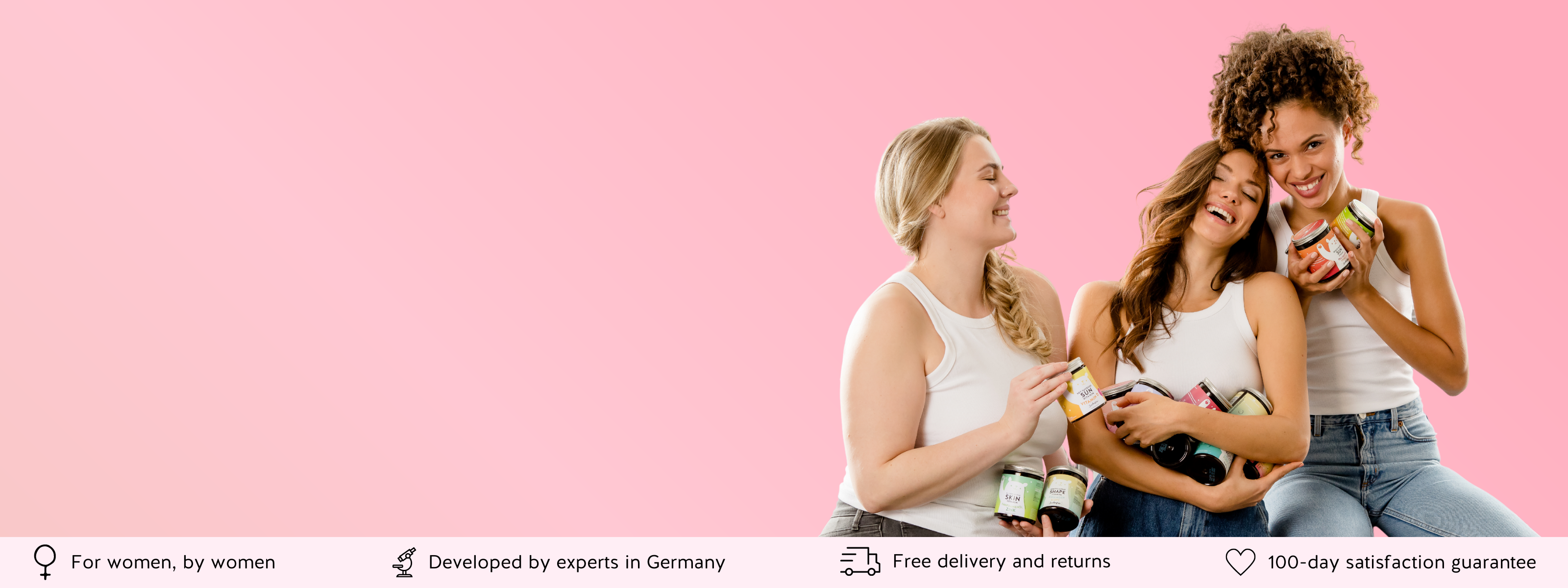NUTRITIONAL SUPPLEMENTS FOR VEGANS - EVERYTHING YOU NEED TO KNOW
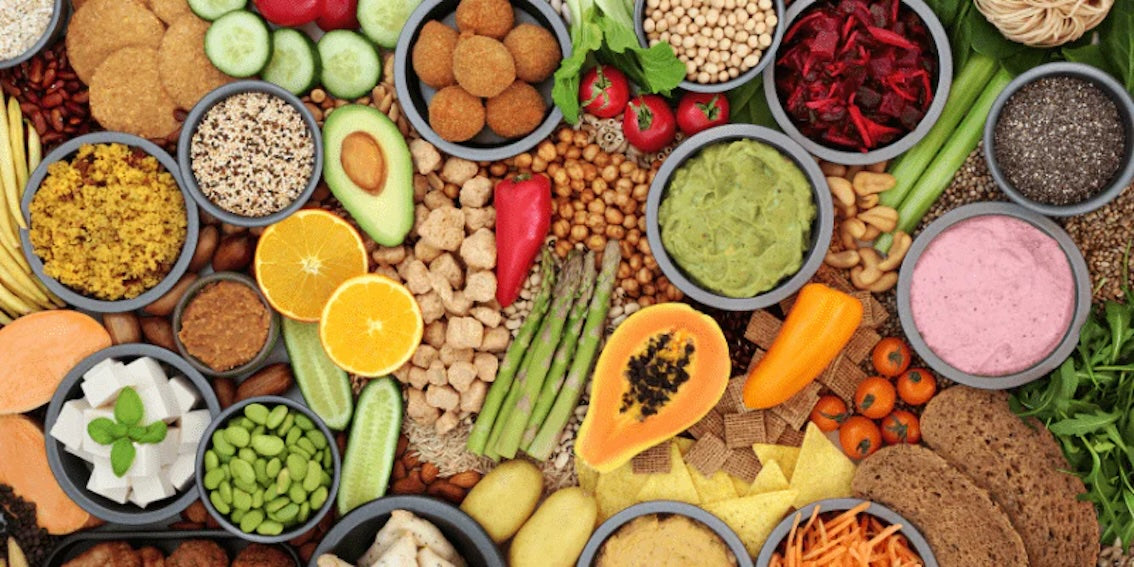
Vegan diet
The vegan diet is a consistent variant of the vegetarian diet, in which only plant-based foods are consumed. All animal products and additives are rejected, even honey and foods that use animal ingredients in their production. In addition, many vegans also refrain from using products or materials that come from animals, such as wool, fur and leather.
What supplements should vegans take?
According to studies, an adequate intake of certain nutrients is very difficult with a vegan diet (Vitamin and Mineral Status in a vegan diet)
Especially with a vegan diet, the risk of a vitamin B12 deficiency is increased. Vitamin B12 is produced exclusively by microorganisms. Different animal species can absorb the vitamin B12 produced by microorganisms in the gastrointestinal tract. Therefore, it is found almost exclusively in animal foods in a form that can be used by humans. According to the current research, a sufficient supply of vitamin B12 in a vegan diet is only possible by taking nutrient preparations.
In addition, proteins or essential amino acids and long-chain omega-3 fatty acids (eicosapentaenoic acid [EPA] and docosahexaenoic acid [DHA]), as well as other vitamins (riboflavin, vitamin D) and minerals (calcium, iron, iodine, zinc, selenium) are also potentially critical nutrients.
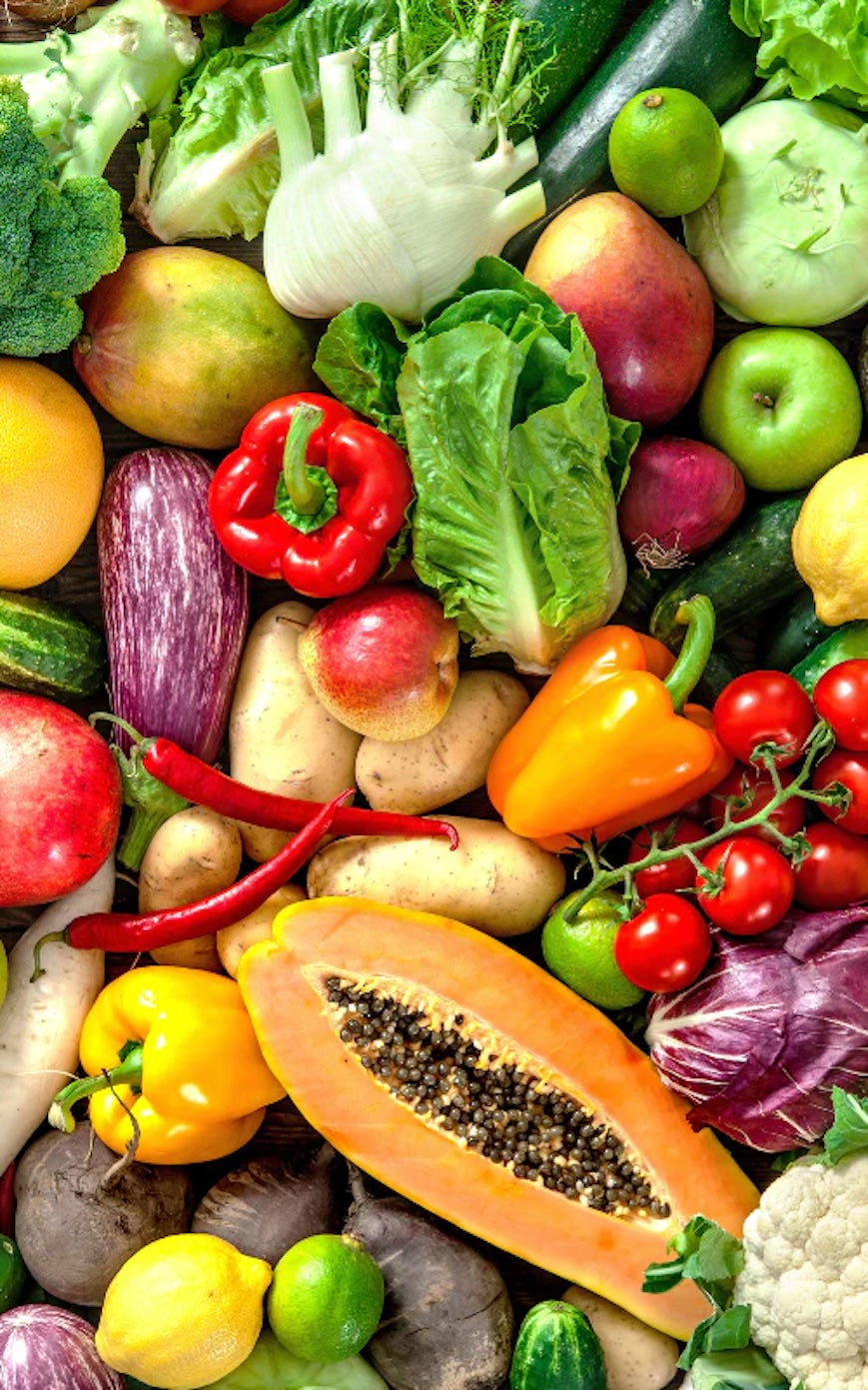
What are the most important nutrients in a vegan diet?
Vegans get enough potassium, magnesium, folic acid, vitamins B1, B6, C and E, and alpha-linolenic acid (ALA) through a favourable selection of foods such as vegetables, fruits, whole grains, nuts and seeds. They are also provided with dietary fibre and health-promoting phytochemicals.
Risks:
- Compared to a conventional diet, vegans often absorb less iron (especially when abstaining from meat, especially in pre-menopausal women).
- Calcium (by abstaining from milk and dairy products).
- Iodine (by not eating animal products) and omega-3 fatty acids (by not eating fish).
- Intake of zinc, selenium and B vitamins, especially vitamins B12 and B2, may also be lower.
- Protein levels may also be lower on a vegan diet if sufficient protein sources such as legumes and nuts are not consumed. However, it is relatively easy to meet protein requirements.
A study found that the vitamin B12 supply of vegans is good if they take food supplements. The iodine supply, on the other hand, is a real problem. It is already in need of improvement in people who eat a mixed diet and is even more affected in vegans. (Vitamin and mineral status in vegans)
As described in the previous paragraph, one should pay particular attention to getting enough vitamin B12 and iodine in a vegan diet. Some studies show that the vitamin B12 levels of vegans and people who eat a mixed diet do not differ significantly. However, this is most likely due to the fact that vegans already take supplements to increase their B12 levels, as they cannot get it naturally.
Why do vegans have B12 deficiency?
Although most vitamins and minerals are abundant in vegan foods, there is one vitamin that should be given special attention: vitamin B12, which is produced by microorganisms and hardly present in plant foods. Therefore, it is important that vegans consciously pay attention to a sufficient intake. Vitamin B12 is only found in relevant quantities in animal foods such as meat, milk and eggs. For this reason, most vegans should take vitamin B12 through food supplements.
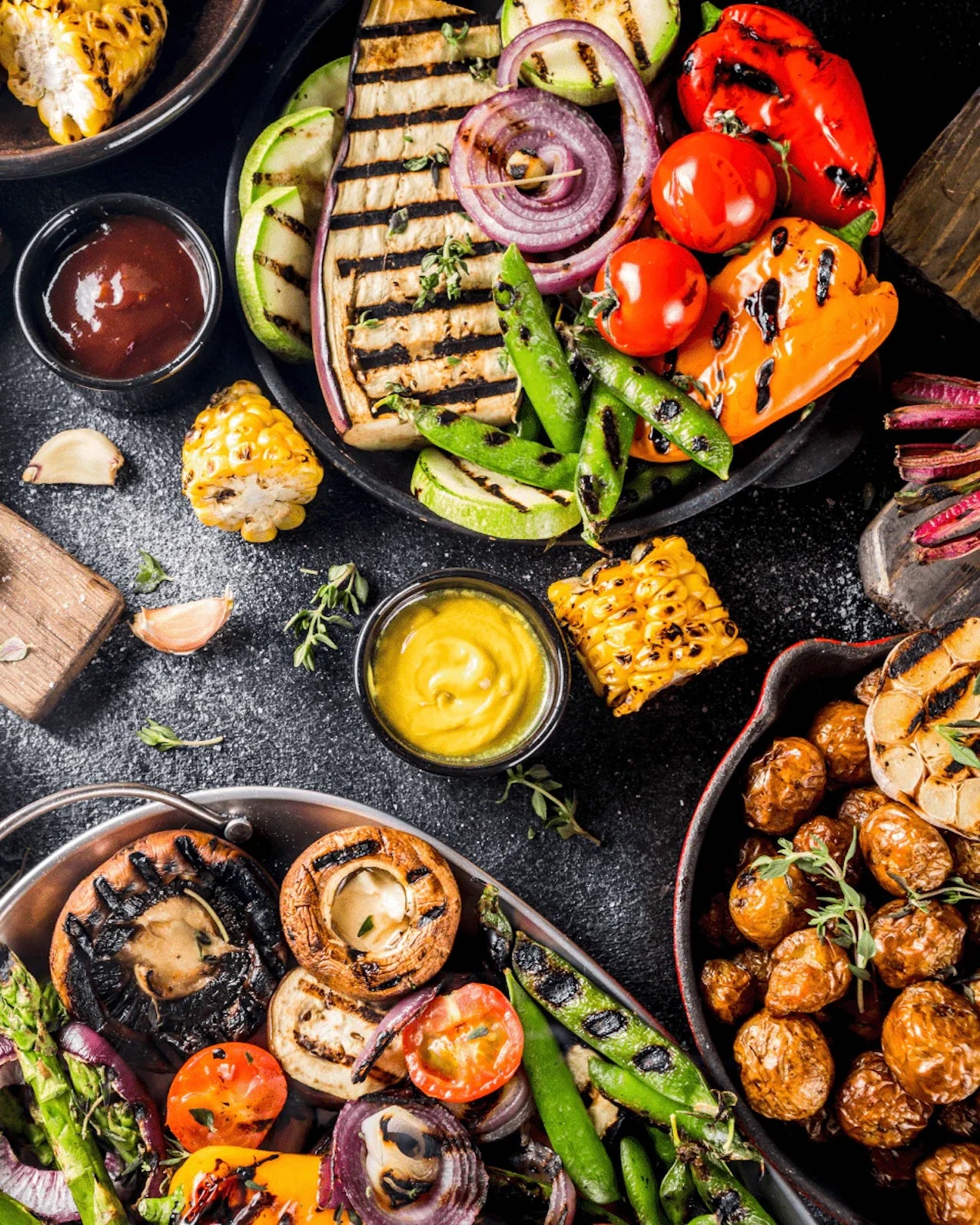
What should those who want to eat a vegan diet keep in mind?
If someone decides to follow a vegan diet, there are some important measures to consider:
- It is advisable to take a vitamin B12 supplement on a permanent basis and to have regular medical check-ups to ensure that the supply of vitamin B12 is sufficient.
- When choosing food, special attention should be paid to nutrient-rich foods and fortified products to ensure that the supply of all important nutrients, especially critical nutrients, is guaranteed.
- If necessary, regular medical checks should be made to ensure that the supply of other critical nutrients is also adequate. In the event of an identified or possible nutrient deficiency, the diet should be adjusted, and if necessary, dietary supplements or fortified foods should be taken to supply the nutrients until the deficiency is corrected.
- It is advisable to seek information and advice from a qualified nutritionist. Vegan diets are not recommended for pregnant women, nursing mothers, infants, children or adolescents.
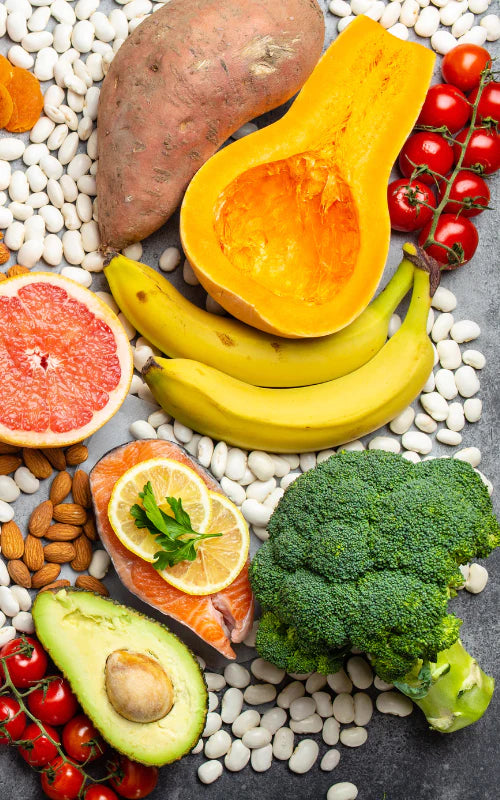
What are the results of vitamin deficiency?
A deficiency of vitamin B12 can lead to a variety of health problems. Possible consequences include anaemia, fatigue, weakness, memory problems, neurological disorders, numbness and tingling in the extremities, and impaired function of the nervous system. Prolonged deficiency can cause serious and permanent damage.
A deficiency of iodine can lead to impaired function of the thyroid gland. The thyroid gland needs iodine to produce thyroid hormones, which are important for metabolism and growth. An iodine deficiency can lead to hypothyroidism, which can cause symptoms such as fatigue, weight gain, sensitivity to cold, slowed heartbeat, and memory problems. In pregnant women, iodine deficiency can also cause developmental problems in the foetus.
It is important to maintain adequate vitamin B12 and iodine status to avoid these health problems. If a deficiency is present, it is advisable to seek medical advice and, if necessary, take appropriate measures, such as taking dietary supplements or adjusting diet.

NASSIM JAMALZADEH:
No matter the lifestyle or dietary style you follow, you should definitely have regular blood work done by your doctor. Especially with a vegan and vegetarian diet, you should definitely take supplements, especially vitamin B12 and iodine. A vitamin deficiency should be avoided at all costs for your general well-being and your immune system.
Let customers speak for us
Studies on the vegan diet
We provide the following scientific studies for your general information. The results obtained in these studies do not necessarily apply to all individuals. Feel free to click on the corresponding links to get more detailed information.
The goal of this article is to provide vegan nutritional guidelines based on current evidence that can be easily communicated to vegan clients to ensure adequate nutrition in vegans.
Risks & implications of vegan diet
This study addresses the risks and consequences of a vegan diet in the absence of adequate intake of certain nutrients.
Important nutrients for vegans
This study addresses the provision of essential nutrients in a vegan diet and does not recommend it for pregnant women, nursing mothers, infants, children, or adolescents.
Our vegan vitamin bears
Our vegan vitamin bears
















